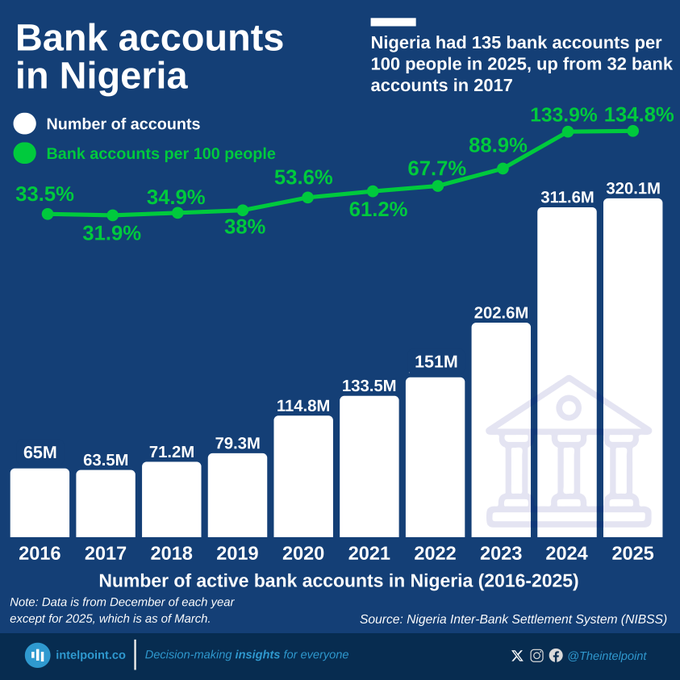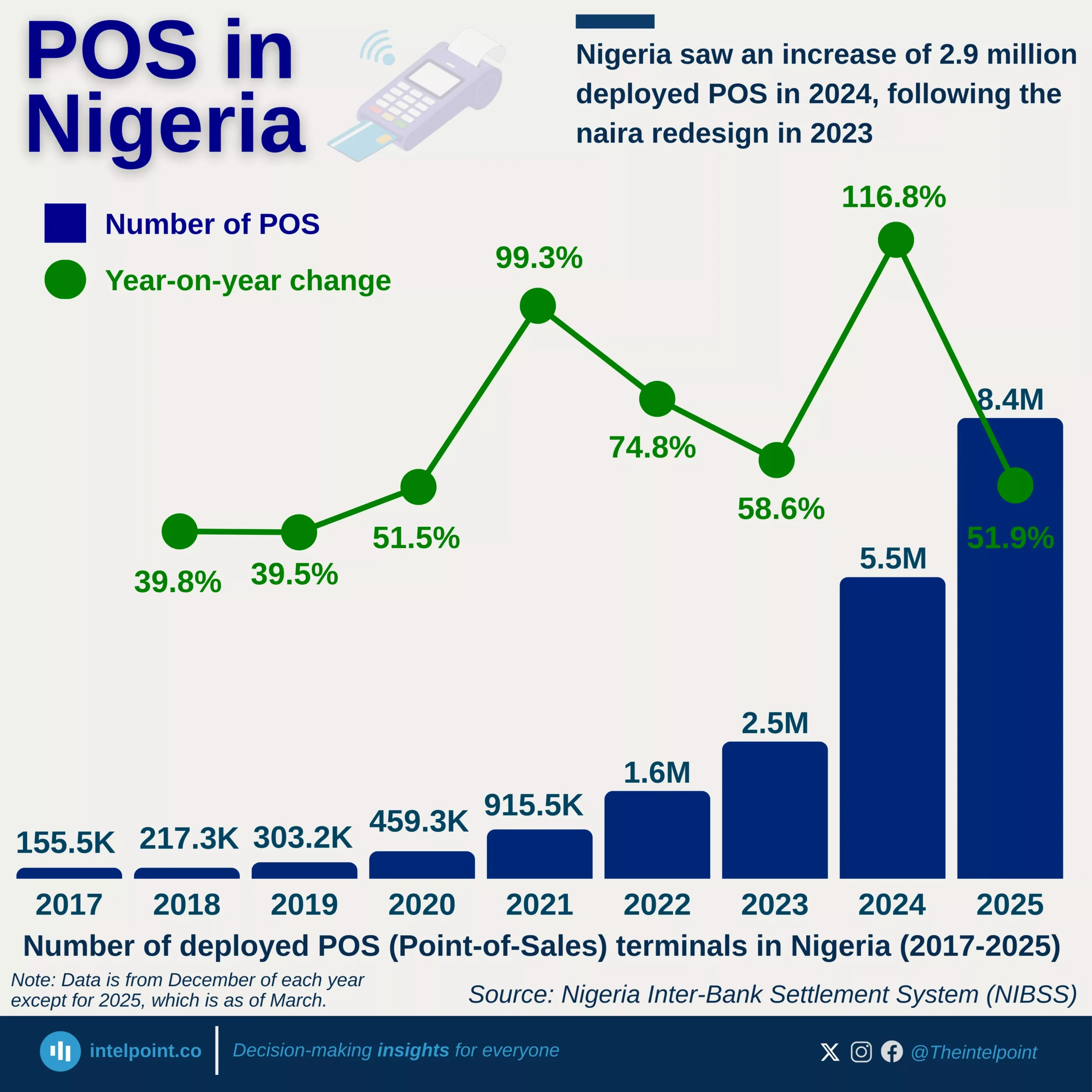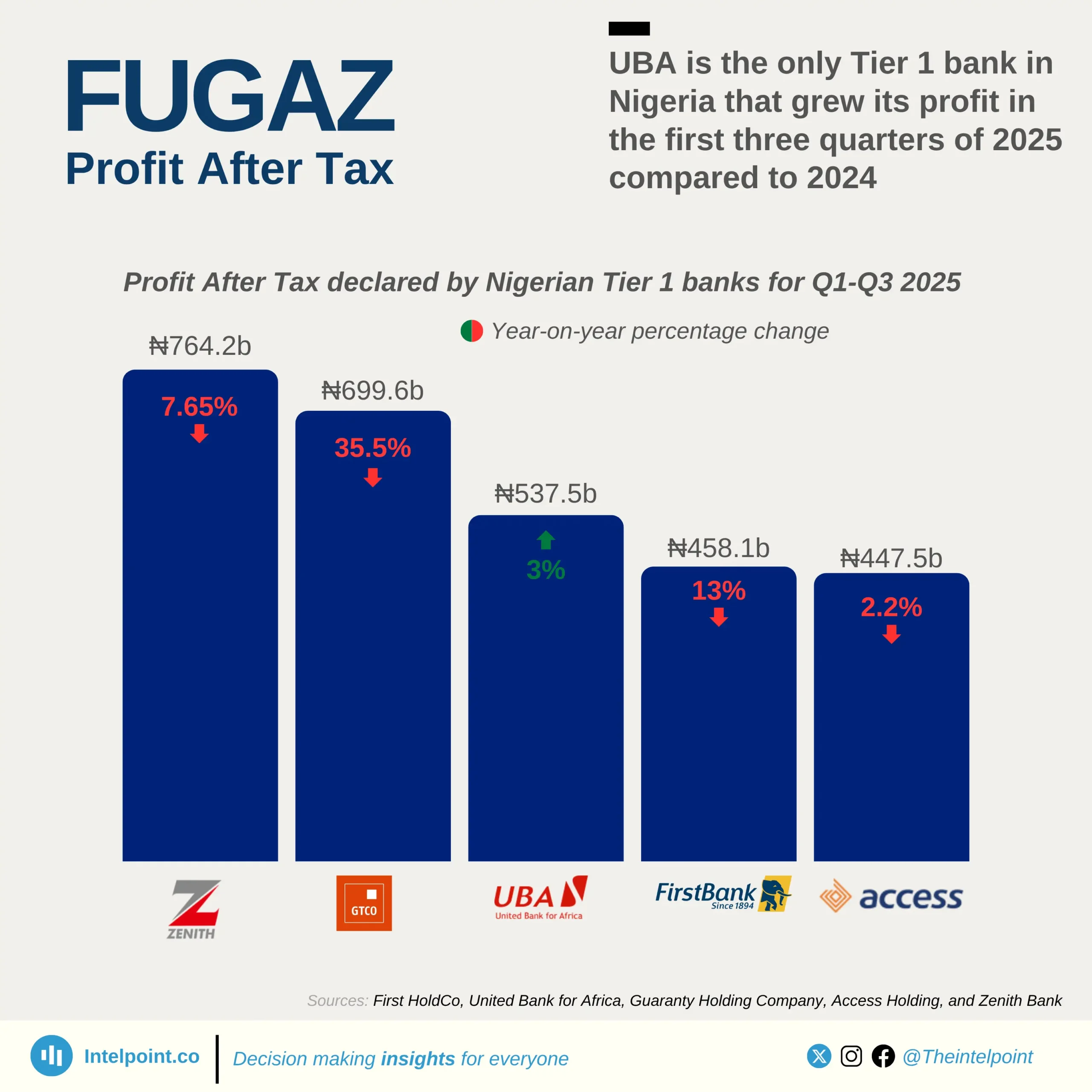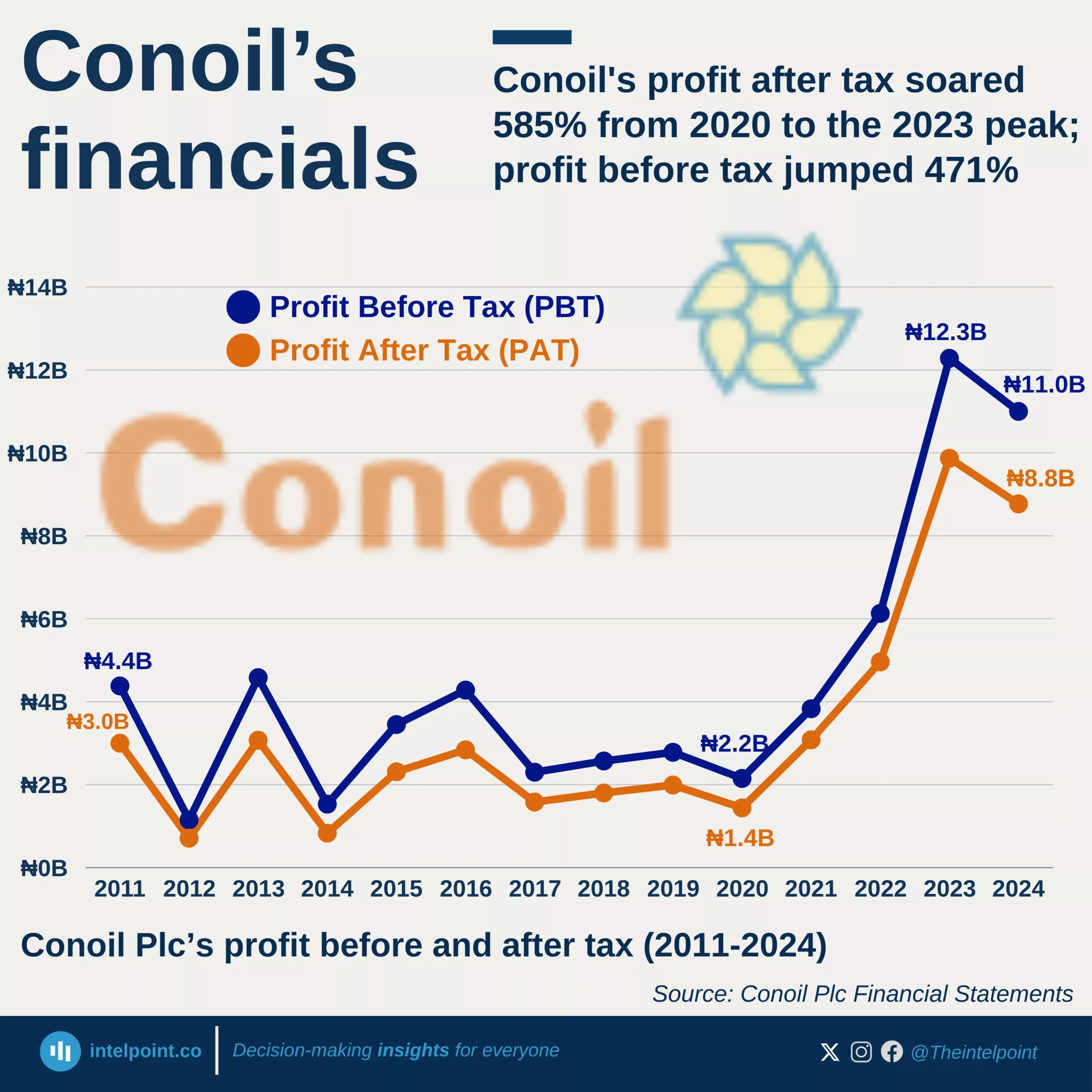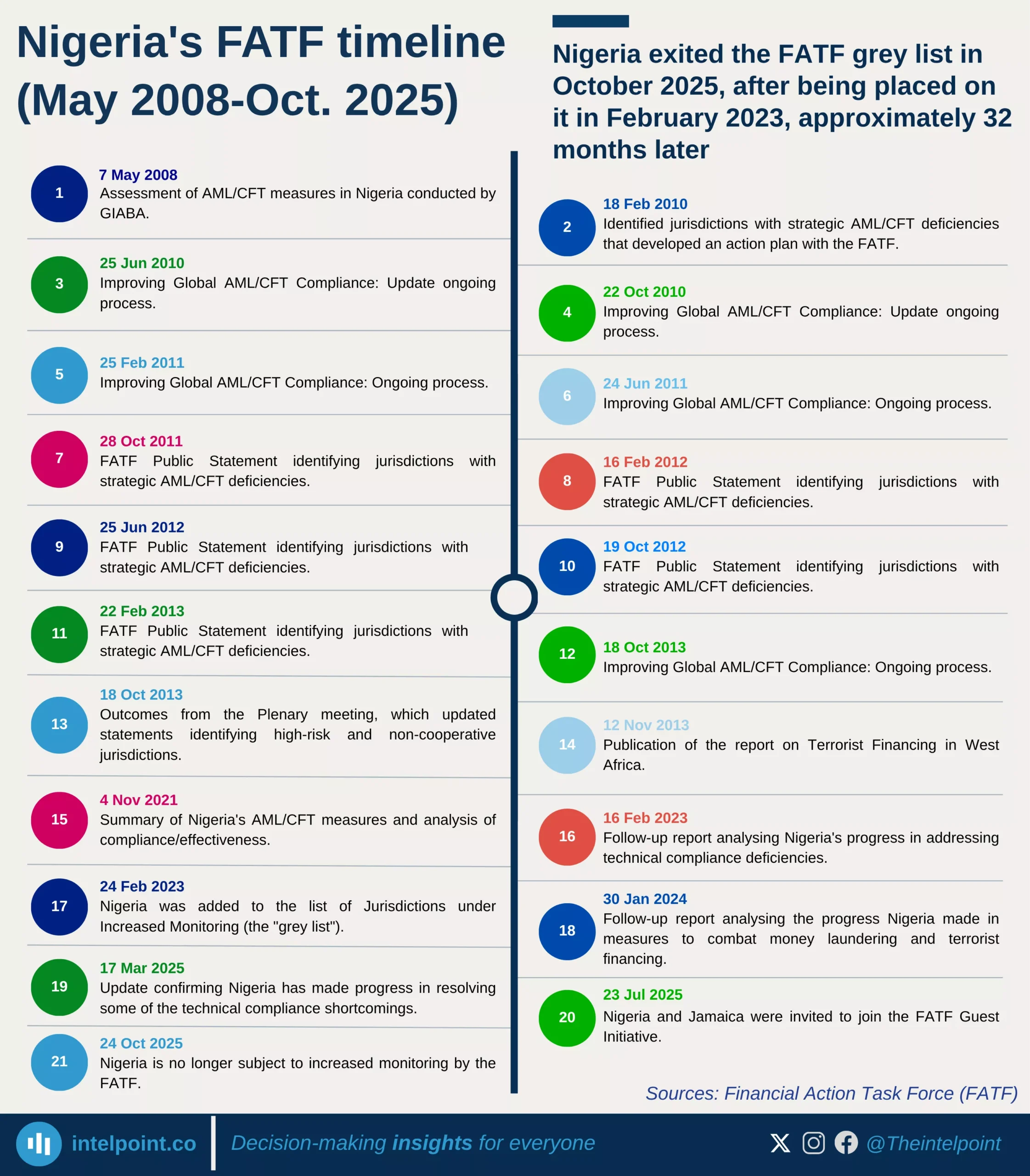Over the past ten years, there has been a rising trend of fraud and forgery cases in Nigerian banks. Although there was an 88% increase in reported cases in 2021, there was a 27% decrease in 2022, resulting in a 221% increase in financial losses of ₦9.5 billion.
Eighty-six (86%) of the money involved in these cases was recovered thanks to banks' internal control techniques and assistance from relevant government agencies; ₦45 billion remains unrecovered.
